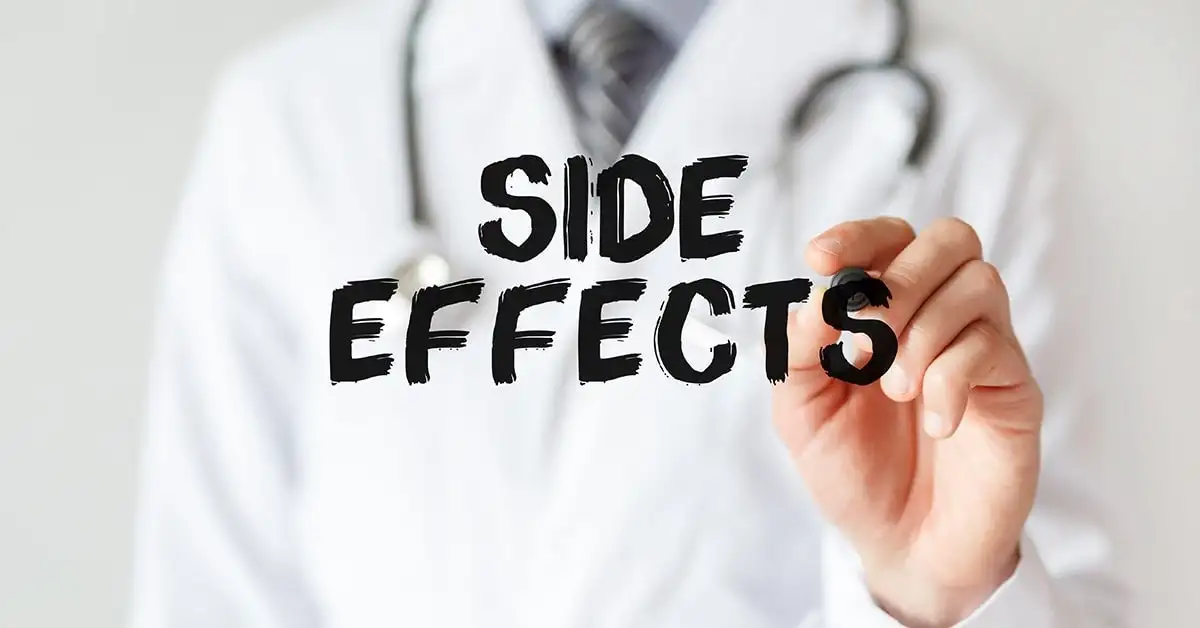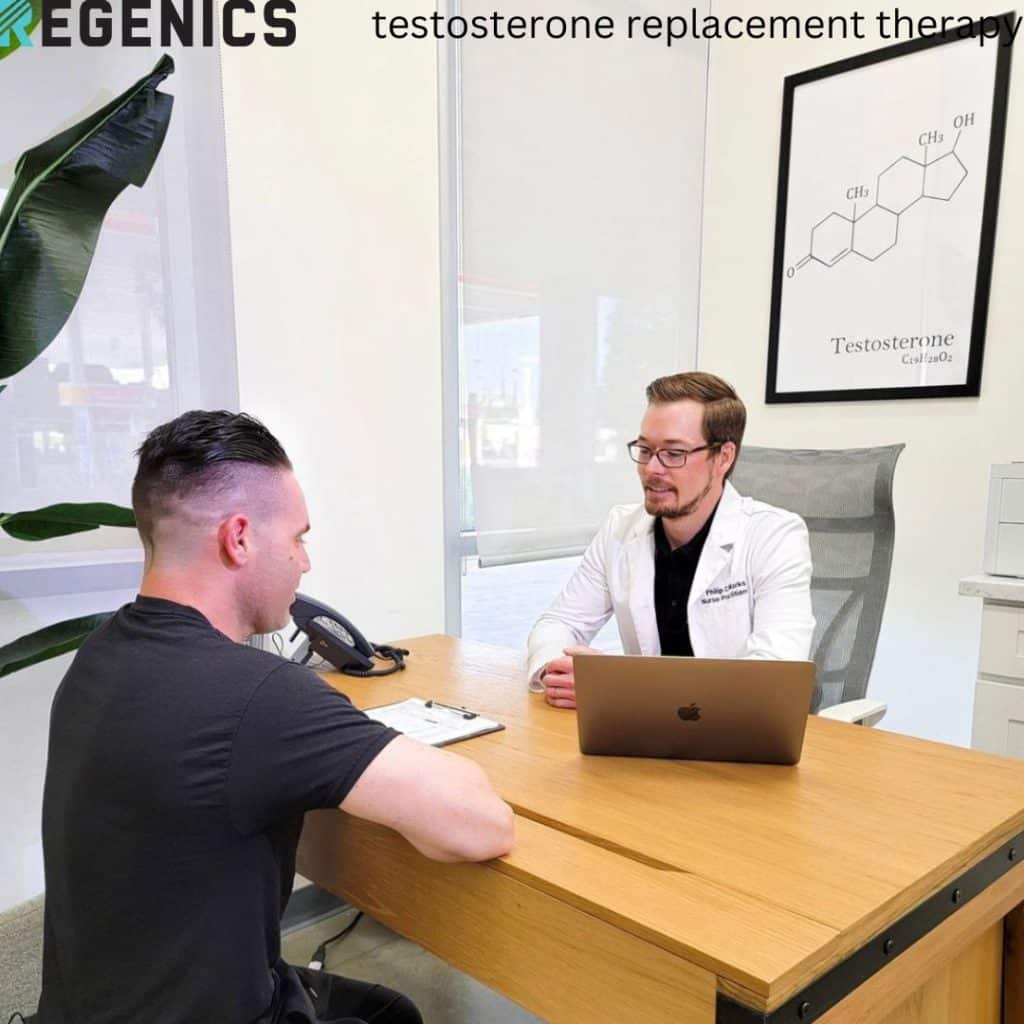
What are the Side Effects of Testosterone Therapy? | Testosterone Replacement
ide Effects of testosterone Therapy?
There are several risks associated with testosterone therapy, including receiving testosterone therapy increased facial hair and acne. However, these can usually be controlled by reducing the dose hypogonadism testosterone therapy. Rarely, people may experience unwanted increased libido, insomnia, aggression, or anxiety. Other potential side effects of testosterone therapy include hair loss and masculinization. These adverse effects occur most commonly at supraphysiologic doses starting testosterone therapy.
What happens to testosterone levels with age?
Testosterone levels in men and women naturally decline as we age serum testosterone levels, but the reasons aren’t always clear. Age and obesity can lead to low testosterone levels in men. In fact, nearly 40% of men who are overweight suffer from low testosterone levels. In some cases, testosterone levels may decline significantly low testosterone levels.

Testosterone levels are measured in nanograms per deciliter (ng/dL), and the average 70-year-old male will have about 30 percent of his peak testosterone level. While the range of testosterone levels in men varies widely, a typical man should aim for a range of 300 to 1,200 ng/dL. Testosterone levels usually start declining once a man reaches his mid-thirties. Luckily, it can still be achieved by healthy men well into their fifties testosterone therapy review.
Although a gradual decline in testosterone is normal as men age, certain symptoms of low testosterone can be serious. Testosterone replacement therapy can help to raise testosterone levels and increase sperm production. This treatment requires regular follow-ups and blood tests pubmed men testosterone therapy.
Can testosterone therapy promote youth and vitality
The FDA has issued a warning about testosterone replacement in men, saying that men who are experiencing age-related declines may increase their risk of stroke and heart attack. Instead of replacing testosterone, doctors should focus on the underlying causes of declining testosterone levels, such as a sedentary lifestyle, obesity, or other health problems al.
Starting testosterone therapy | Mayo clinic
Despite the controversy surrounding testosterone therapy, most men are able to take it safely with minimal side effects, assuming they’re under the proper medical guidance. Side effects include minor acne on the back, which occurs because the hormone increases the production of oil in the sebaceous glands print.
Testosterone replacement therapy
There are several potential benefits of testosterone therapy, including a youthful appearance and a longer life span. Before undergoing testosterone therapy, experts will usually measure testosterone levels twice. Depending on the results, they may suggest additional treatments to improve muscle mass and lose weight. This type of treatment is one of many available for promoting youth and vitality. Testosterone therapy has helped many people.
Risks of testosterone therapy for normal aging?
Though testosterone therapy for normal aging may seem like a promising new treatment, there are risks to using it. While the benefits are obvious, it also increases the risk of cardiovascular disease. Testosterone is an important hormone that contributes to many masculine physical traits. These include facial hair and muscle mass.
Testosterone can cause blood clots in various parts of the body, including the brain. Often, these blood clots form in the legs, but they can break free and travel to the heart, lungs, or brain. This can result in a heart attack. As a result, doctors are watching for these side effects.
Although tests suggest that testosterone is generally safe for older men, it should not be used by frail men with a high cardiovascular risk. In addition to this, there are other risks to the treatment, such as thromboembolic events and a higher risk of prostate cancer. The Endocrine Society recommends that testosterone therapy for normal aging be performed only after two blood tests are conducted.
Should you talk to your doctor about testosterone
If you’re considering testosterone therapy, you should discuss it with your doctor. Low levels of testosterone can cause a number of problems, including a change in sexual function and the inability to conceive. They can also lead to physical changes, including increased body fat, reduced muscle bulk, and reduced bone density. You may also experience an increased tendency to lose body hair and have problems concentrating.
Testosterone therapy can lead to serious side effects, including an increased risk of bleeding and clotting. It can also cause breast tenderness and swelling, and can increase the risk of heart problems. There is still much more research needed on this subject, but it’s important to talk to your doctor before starting treatment. In addition, testosterone therapy is not suitable for every patient.
A blood test can determine whether you have low levels of testosterone. If the result is in the normal range, you don’t need to worry. However, if you have a low level of testosterone, you should consult a doctor who specializes in this field. The Endocrine Society’s Hormone Health Network or the Sexual Medicine Society of North America can help you find a doctor in your area.
Declining muscle and bone mass
Testosterone can impact muscle mass and function. However, the exact mechanisms are not yet clear. Some evidence indicates that testosterone may affect the growth of muscle tissue and the onset of sarcopenia. In addition, testosterone may increase the risk of bone fractures. Taking testosterone for an extended period of time may increase the risk of anemia.
Testosterone levels decrease with age. The decline is more pronounced in men than in women. This age-related process starts during the mid-thirties and is exacerbated by the rapid decline in estradiol during menopause. Men’s loss of muscle mass over a lifetime is also larger than that of women.
However, it is not clear whether testosterone is the main cause of sarcopenia. Although aging is a known factor in the loss of muscle mass, other factors may also be at play. For example, sarcopenia can also result from a lack of anabolic hormones. Although testosterone levels decline with age, recent epidemiological studies suggest a connection between testosterone and muscle mass and function.
Fewer spontaneous erections
One of the main side effects of testosterone is that it can cause fewer spontaneous erections. This is due to a decrease in the amount of testosterone in the body. Moreover, it can also cause erectile dysfunction and even infertility in some men. Other side effects include decreased sexual drive and physical changes such as swollen breasts and body hair loss. Low testosterone levels can also cause a lack of motivation and confidence.
The penile erection process is controlled by blood vessels and nerves, but hormones play an important role as well. Erectile function is also affected by one’s psychological state and sexual relationship. If a person is stressed or anxious, the sympathetic nervous system is activated, making it difficult to achieve an erection. Furthermore, the sensitivity of the penis to touch decreases with age. Testosterone is not recommended for men with prostate cancer, as it can decrease sexual desire and reduce libido.